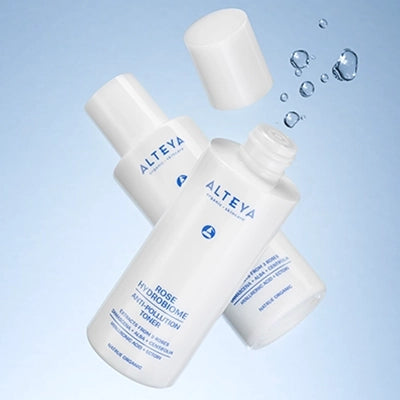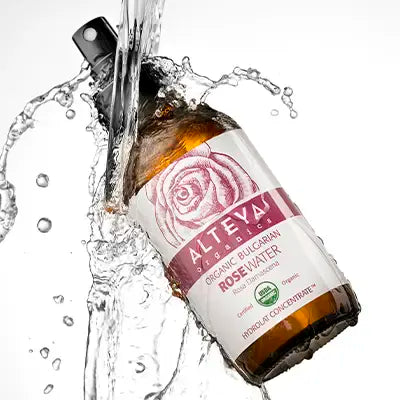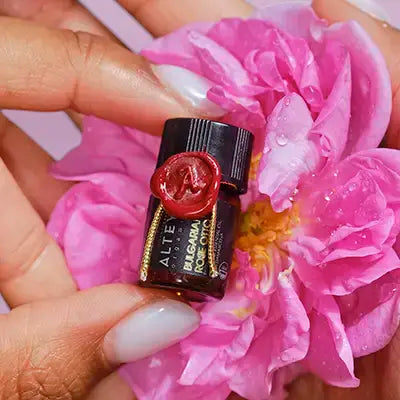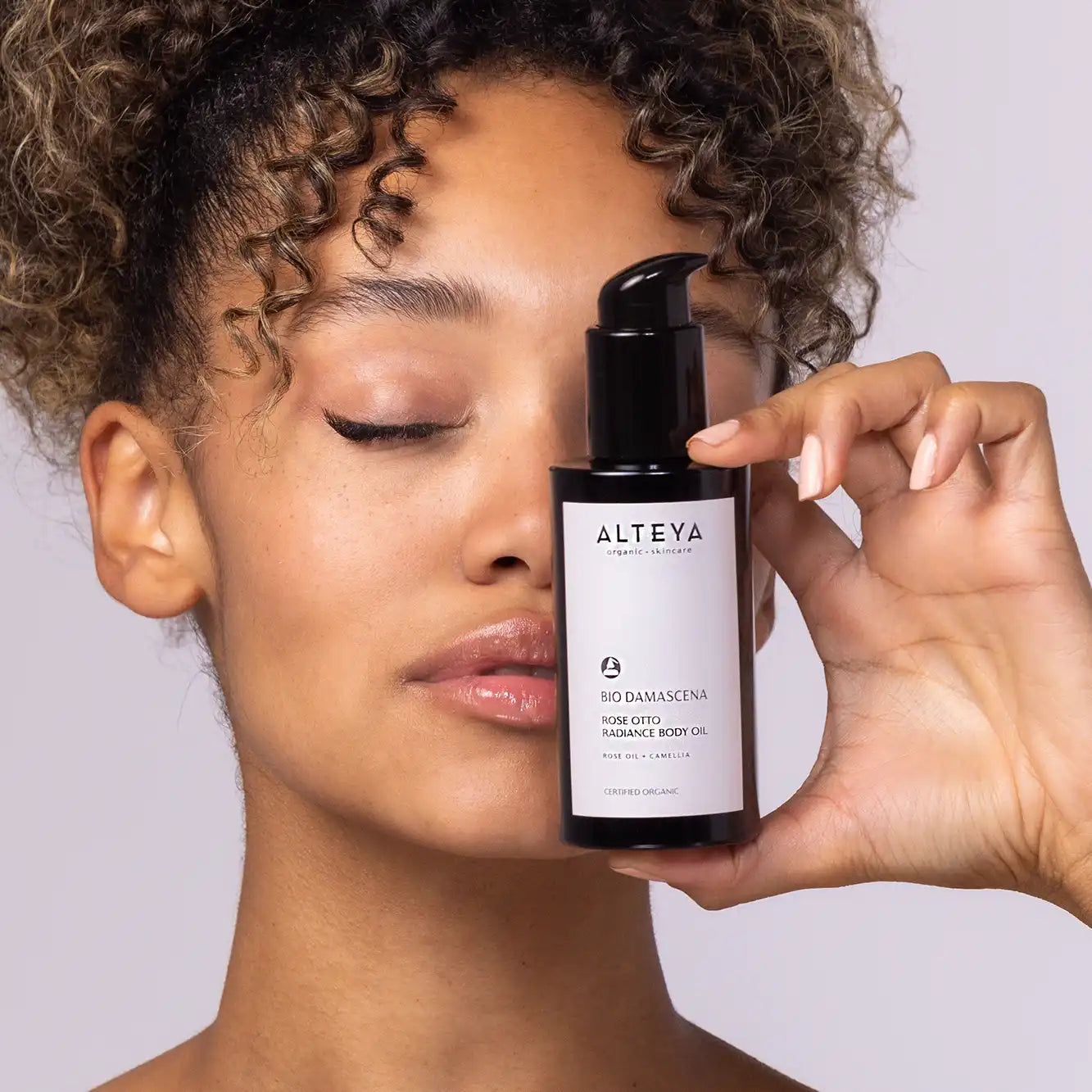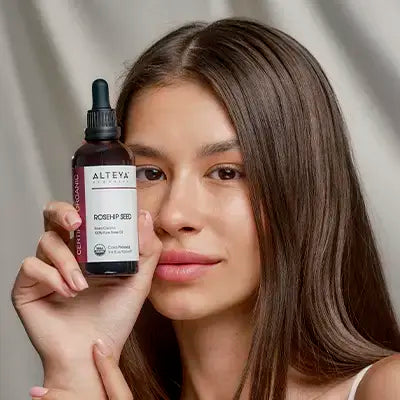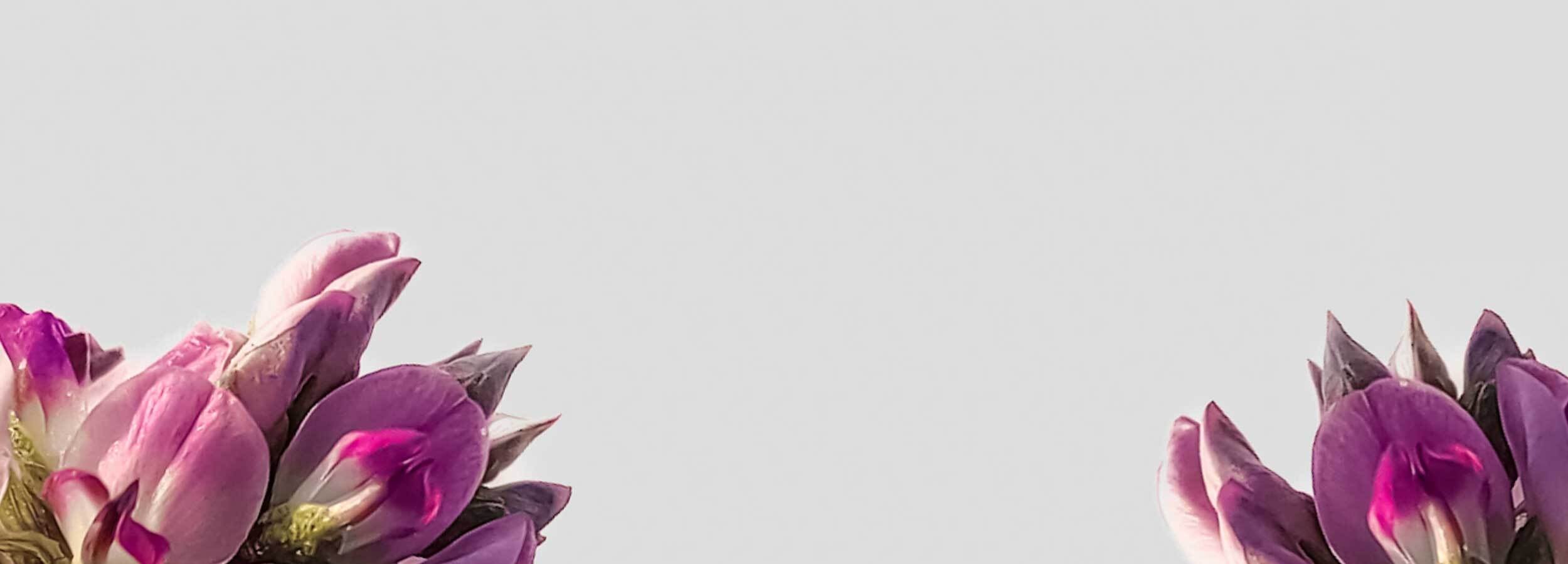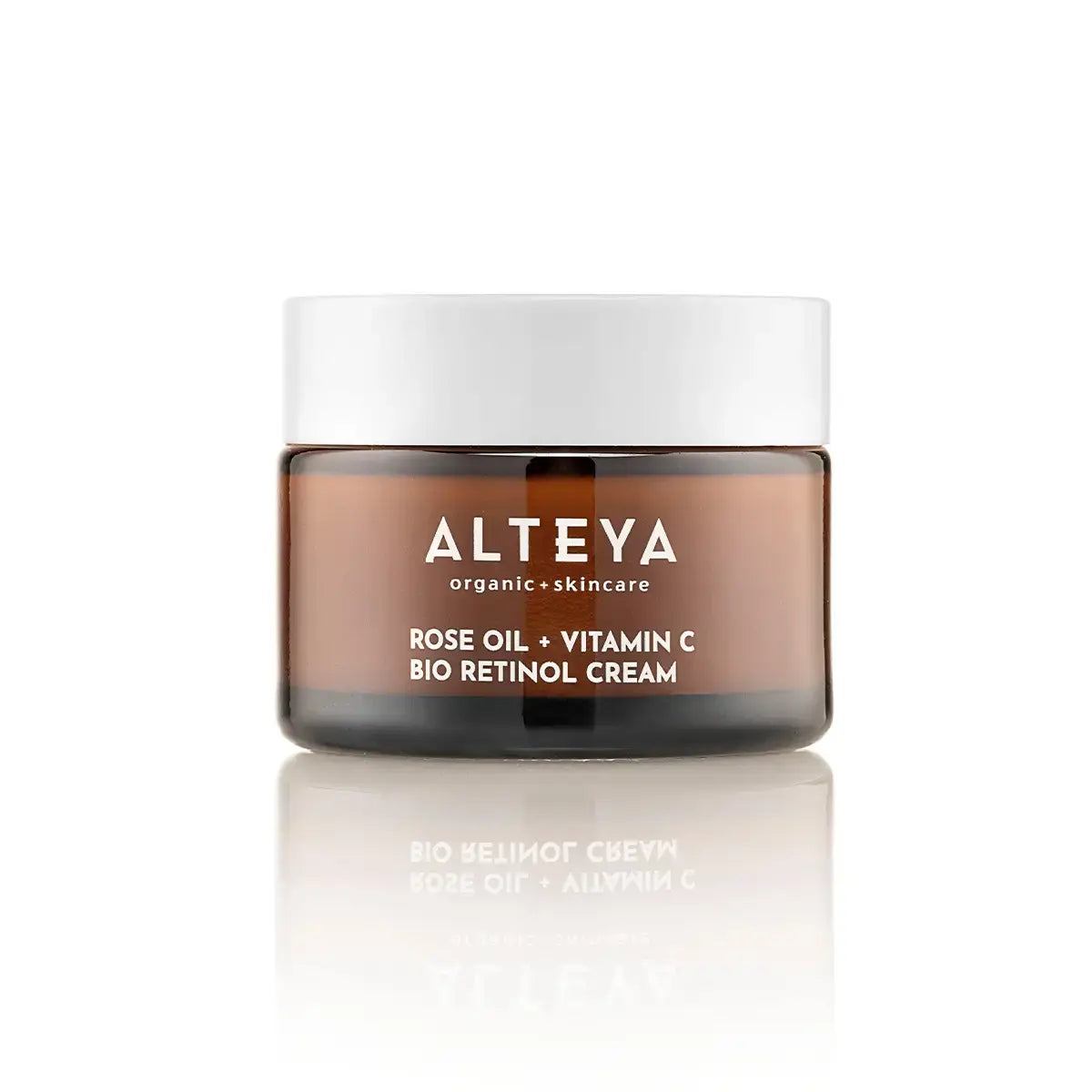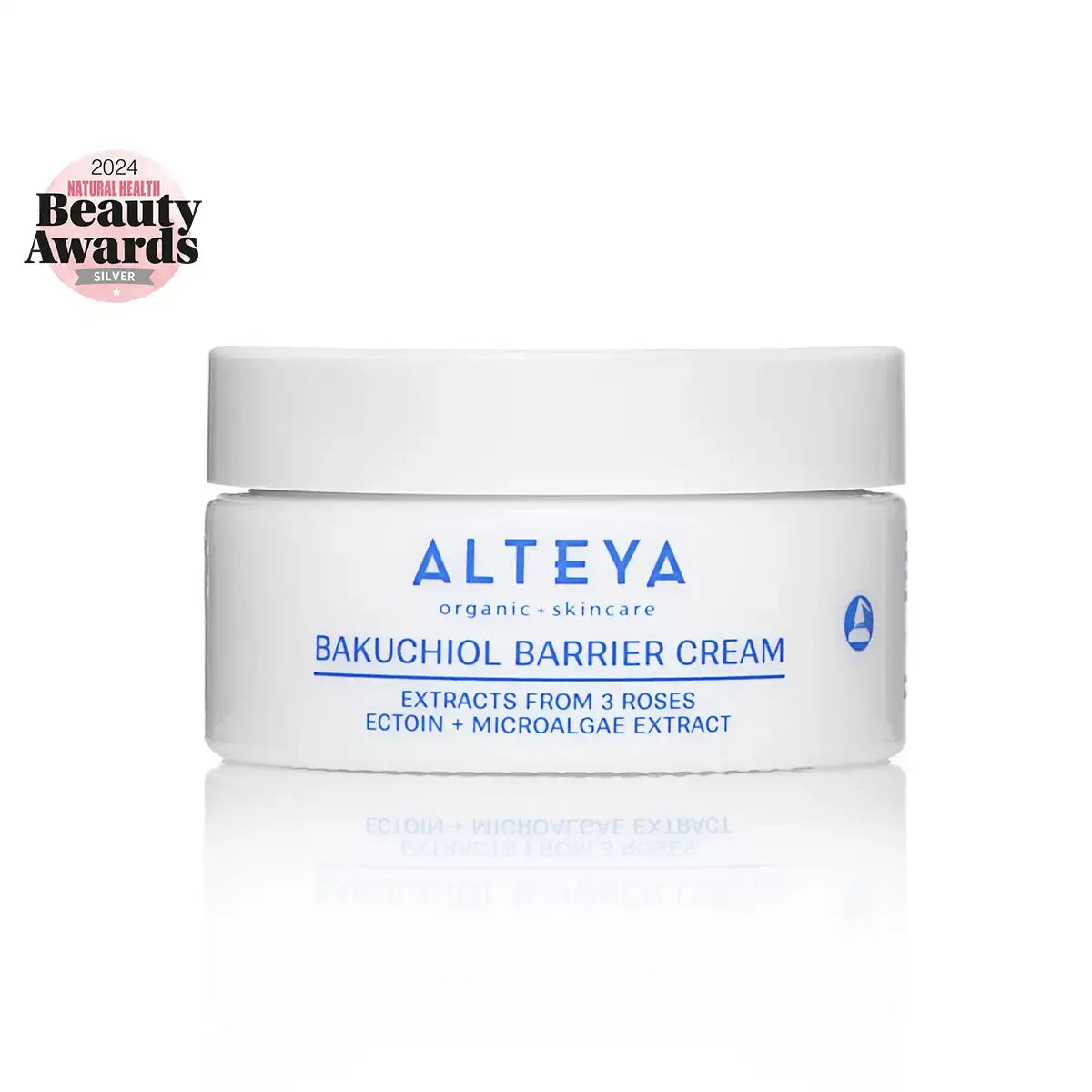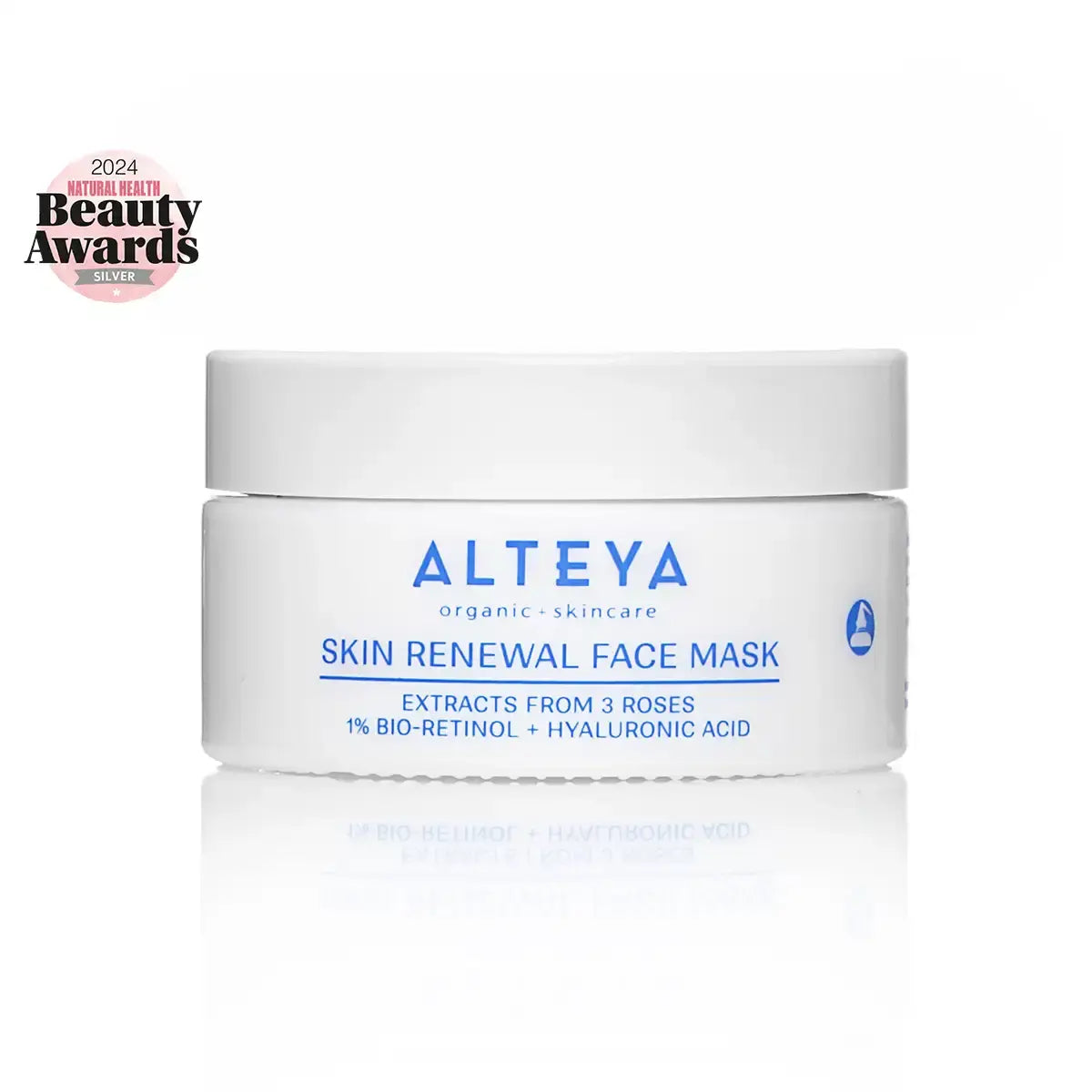Filters
What is bakuchiol?
Bakuchiol is a remarkable plant extract derived from the seeds and leaves of the Psoralea corylifolia plant, commonly known as babchi. Bakuchiol is a well-known medicinal plant that comes from India and has been used for a long time in both Ayurvedic and traditional Chinese medicine, both for use on the skin and internally. ... It comes from the plant Psoralea corylifolia, which recognized for its antimicrobial, anti-inflammatory, antioxidant, and immunomodulatory properties, among various other beneficial effects. In the past 10 to 15 years, bakuchiol has become popular as an ingredient in skincare products.
Bakuchiol – a possible alternative to retinol?

Lately, many people using skincare products have been wondering: how does bakuchiol match up to retinol?
While more scientific studies are needed for a clear answer, there is a good amount of evidence suggesting that bakuchiol delivers results similar to retinol.
One study focused on bakuchiol's various effects and its role in how our skin ages found that using it offers a modern, comprehensive approach to fighting skin aging. Bakuchiol has antioxidant and anti-inflammatory qualities, enhances cell activity, and supports skin regeneration and healing. In summary, the study concluded that bakuchiol works similarly to retinol.
Which one should we pick - retinol or bakuchiol?
Let's compare the pros and cons of each in a table.
| Retinol | Bakuchiol | |
|---|---|---|
| Pros | Outstanding advantages for reducing signs of aging, improving uneven skin tone, and minimizing enlarged pores. | • Suitable for improving the look of fine lines and wrinkles, and for reducing dark spots on the skin
• Does not make your skin more sensitive to sunlight • Safe to use during pregnancy |
| Cons | • Possible side effects include dryness, flaking, redness, and rashes
• Can make your skin more sensitive to sunlight • Not suggested for use during pregnancy |
• There is less scientific proof of its advantages
• It doesn't work as powerfully as prescription retinol or tretinoin |
| Usage | • A strict schedule for use and precise dosage is necessary.
• It’s suggested to start with using it once a week and then slowly increase how often you use it as your sensitivity decreases. |
• Doesn't need a strict schedule or exact dosage
• Best used twice a day for the best results • Safe for those with sensitive skin |
Can people with sensitive skin use bakuchiol?

Bakuchiol is often suggested for those with sensitive skin. It works differently than retinol and tends to have fewer side effects, making it a milder choice. Retinol, which comes from vitamin A, helps promote skin cell turnover and boost collagen, but it can also irritate the skin, leading to issues like dryness, redness, and increased sensitivity to sunlight.
People with sensitive skin typically have a weaker skin barrier, making them more likely to experience these problems. Research indicates that bakuchiol can help stimulate collagen production without triggering the same irritation that retinoids can cause. Additionally, bakuchiol doesn't make the skin more sensitive to the sun, so it's a safer option for daytime use, especially for those with sensitive or reactive skin.
Bakuchiol – a possible alternative to retinol?




